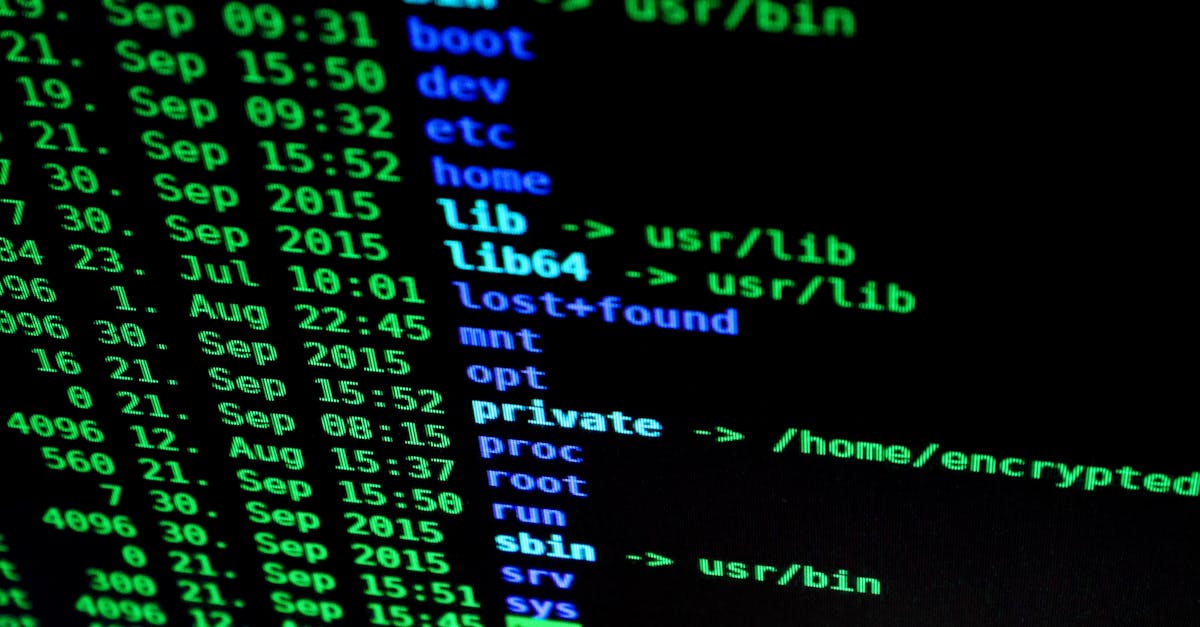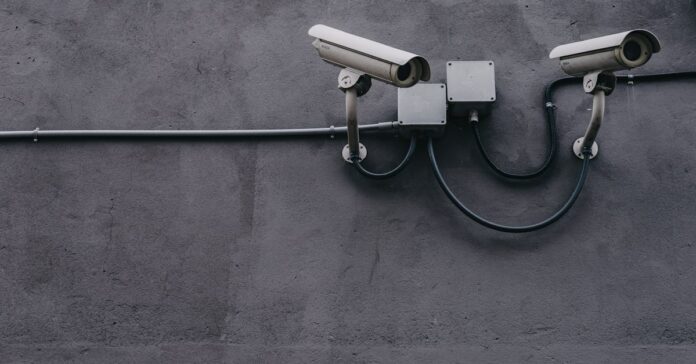Introduction
In today’s digital age, smartphones have become an essential part of our daily lives. These sleek, compact devices have revolutionized the way we communicate, work, and access information. With the convenience and accessibility that smartphones offer, it’s no surprise that they are now a necessity for almost everyone.
However, with the increasing use of smartphones, concerns about privacy and security have also risen. Every time we use our smartphones to make calls, send messages, or browse the internet, we are generating vast amounts of personal data. This data includes our location, contacts, browsing history, and even financial information. With the rise of cybercrime and data breaches, it’s crucial to understand the importance of smartphone privacy and how to balance it with convenience.
Importance of Smartphone Privacy

Smartphone privacy refers to the protection of personal data stored on your device, as well as the information transmitted when using various apps and services. With the amount of sensitive information stored on our phones, ensuring its privacy is critical. Here are some reasons why smartphone privacy is crucial:
Protection from Hackers and Cybercriminals
Hackers and cybercriminals are always looking for ways to exploit vulnerabilities in our smartphones to gain access to our personal data. This can include stealing financial information, personal photos, and even login credentials for various accounts. Without proper privacy measures, hackers can easily access this information and use it to commit identity theft or other malicious activities.
Safeguarding Personal Information
With the increasing use of social media, mobile banking, and online shopping, our smartphones hold a wealth of personal information. This information can be highly valuable to advertisers, who use it to target us with personalized ads. However, in the wrong hands, this information can also be used for malicious purposes, such as blackmail or fraud. Protecting our privacy on smartphones ensures that our personal information remains secure and out of reach from prying eyes.
Preserving Digital Footprint
As we use our smartphones for various activities, we leave behind a digital footprint. This includes our search history, app usage, and location data. This data can be used to create a profile of our behaviors and preferences, which can then be sold to third-party companies. By prioritizing smartphone privacy, we can control what information is shared and maintain our digital footprint.
Convenience of Smartphone Usage
The convenience offered by smartphones is undeniable. These devices have become our go-to tools for communication, entertainment, and productivity. Here are some of the ways that smartphones make our lives easier:
Communication
Smartphones have revolutionized the way we communicate with each other. With just a few taps, we can make calls, send text messages, or video chat with anyone around the world. These features have made it easier to stay connected with friends, family, and colleagues, regardless of distance.
Access to Information
With the internet at our fingertips, smartphones have made it possible to access vast amounts of information anytime, anywhere. Whether we need directions, recipes, or medical advice, our smartphones can provide us with the information we need within seconds.
Entertainment
Gone are the days when we needed multiple devices for different forms of entertainment. Smartphones now act as mini-computers, allowing us to stream music, watch movies, and play games on the go. This convenience also extends to social media, where we can connect with others and share our experiences through photos and videos.
Risks of Lack of Security
While smartphones offer countless conveniences, their usage comes with risks if proper security measures are not in place. Here are some potential risks of using a smartphone without adequate privacy protection:
Identity Theft
One of the most significant risks of lack of security on smartphones is identity theft. As more of our personal and financial information is stored on these devices, hackers can use this information to steal our identities and commit fraud. This can have severe consequences, including financial loss and damage to our credit scores.
Malware and Viruses
Without proper security software, our smartphones are vulnerable to malware and viruses. These malicious programs can access our personal data and even take control of our devices. They can also spread to other devices connected to the same network, causing further damage.
Data Breaches
Data breaches occur when sensitive information is accessed by unauthorized parties, either through hacking or accidental leaks. In recent years, there have been several high-profile data breaches, where millions of users’ data was compromised. These breaches can have severe implications for smartphone users, as their personal information can be exposed and used for fraudulent activities.
Balancing Convenience and Security
With the importance of smartphone privacy and the risks associated with lack of security, finding a balance between convenience and safety is crucial. Here are some ways that we can achieve this balance:
Use Strong Passwords
Using strong, unique passwords for our smartphones is the first line of defense against hackers and cybercriminals. It’s essential to choose a password that is difficult to guess and use different passwords for different accounts. We can also utilize biometric authentication methods, such as fingerprint or face recognition, for an extra layer of security.
Be Mindful of App Permissions
When downloading new apps, it’s essential to be mindful of the permissions they require. Some apps may ask for access to our contacts, location, or other personal data, which they may not need to function correctly. By being selective about app permissions, we can limit the amount of personal data we share.
Update Software Regularly
Software updates often include security patches that fix any vulnerabilities in our devices. It’s crucial to update our smartphones regularly to protect them from potential attacks. We can set our devices to automatically update to ensure we have the latest software at all times.
Use Encryption
Encryption is the process of converting data into code to prevent unauthorized access. By using encrypted messaging apps and secure browsers, we can ensure that our messages and internet activities are not visible to anyone else.
Measures to Enhance Smartphone Privacy
Apart from balancing convenience and security, there are other measures we can take to enhance smartphone privacy. These include:
Use a Virtual Private Network (VPN)
A VPN creates a secure connection between our device and the internet, making it difficult for hackers to access our data. It also allows us to browse anonymously, protecting our online activities from being tracked.
Regularly Back up Data
Backing up data regularly ensures that in case of a data breach or loss of our device, our personal information remains safe. We can use cloud storage or backup software to automatically back up our data regularly.
Limit Location Tracking
Many apps use location tracking to provide personalized services, such as weather forecasts or restaurant recommendations. However, this means that our whereabouts are constantly being monitored. By limiting location tracking to essential apps only, we can protect our privacy and reduce the risk of our data being shared without our knowledge.
Be Cautious on Public Wi-Fi
Public Wi-Fi networks are convenient, but they also pose significant risks to our smartphone privacy. These networks are often unsecured, making it easy for hackers to intercept our data. It’s best to avoid using public Wi-Fi networks, especially for sensitive activities like online banking or shopping.
Conclusion
In conclusion, while smartphones offer unparalleled convenience and accessibility, it’s crucial to balance these benefits with proper security measures. With the increasing risk of cybercrime and data breaches, protecting our privacy on smartphones should be a top priority. By following the tips mentioned above and being cautious of our online activities, we can enjoy the advantages of smartphones without compromising our personal data. So let’s find the right balance between convenience and security and safeguard our smartphone privacy.
